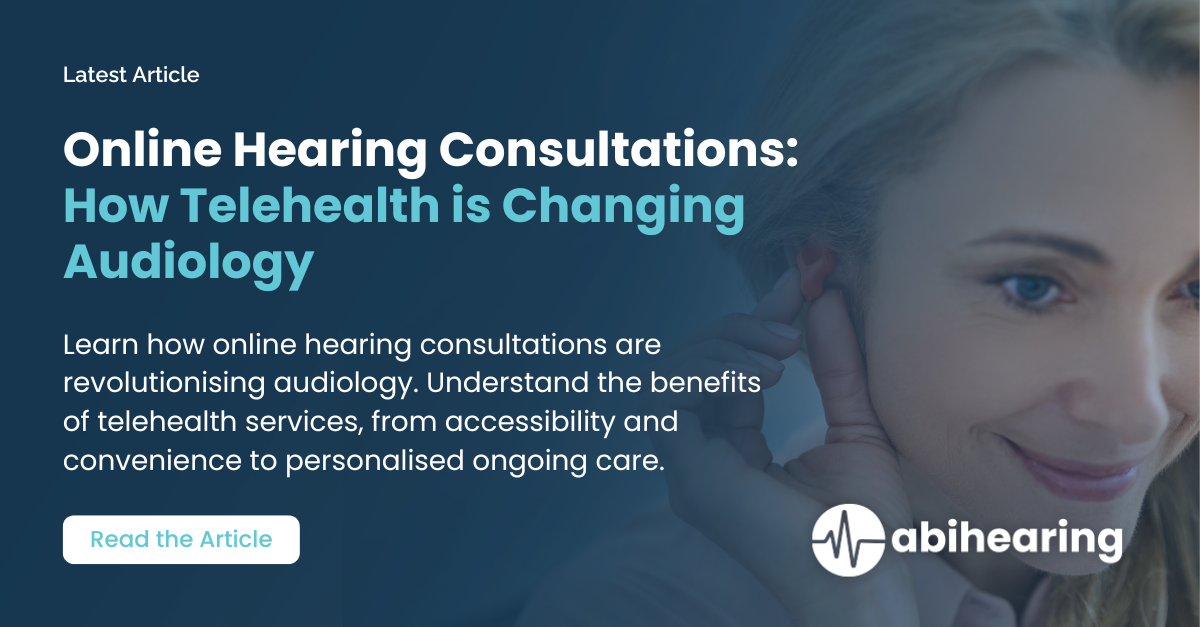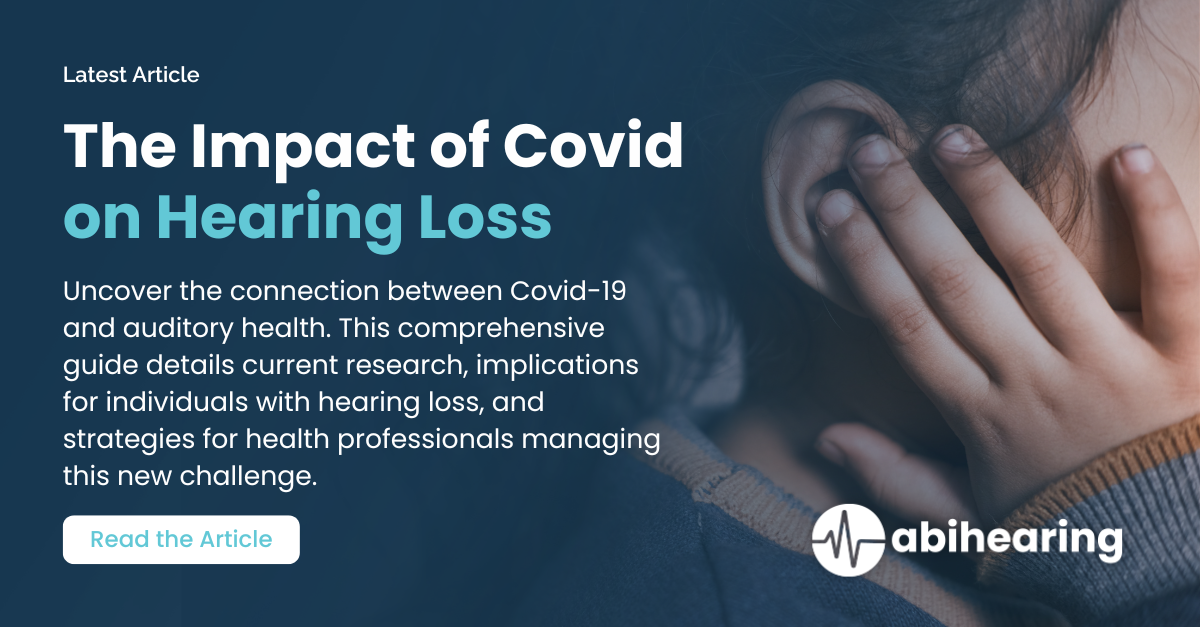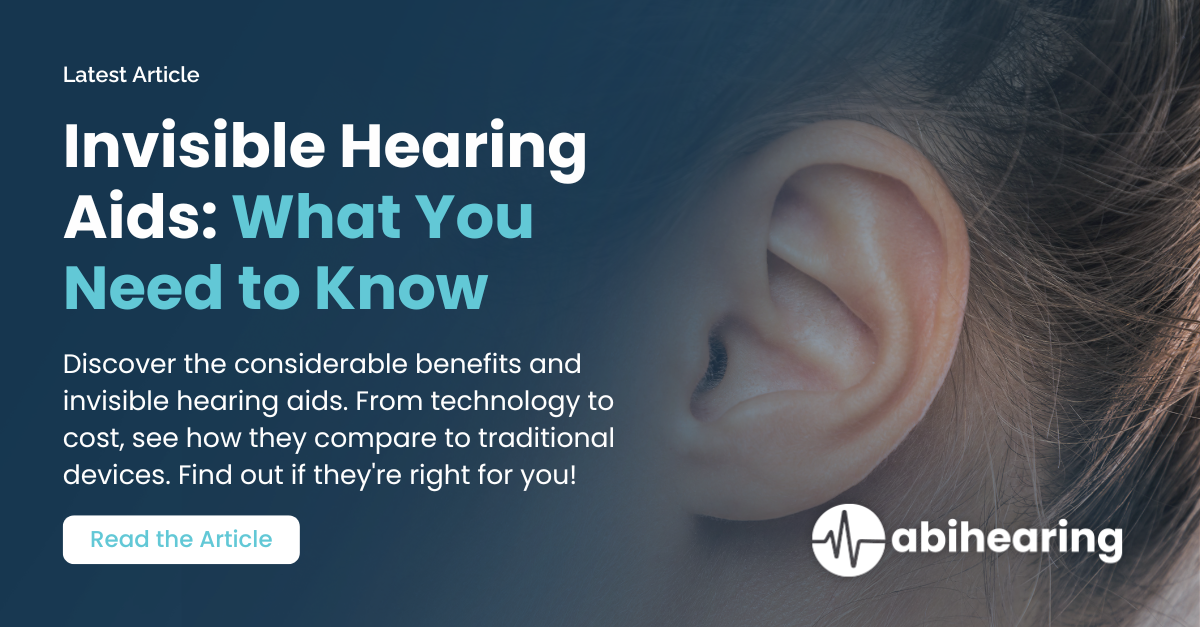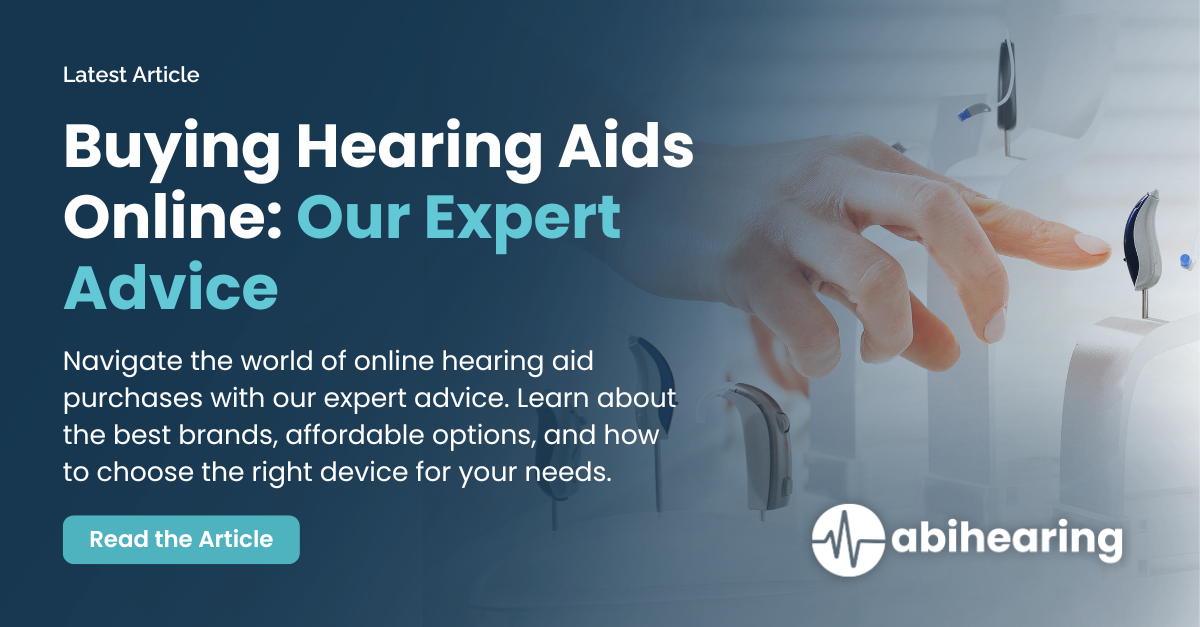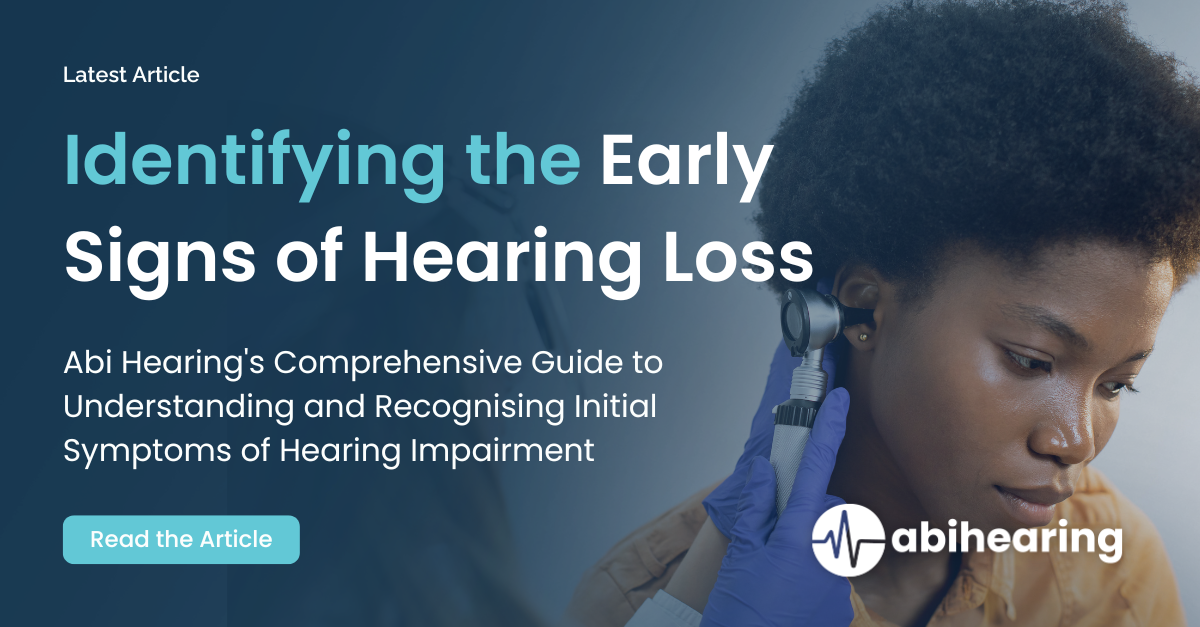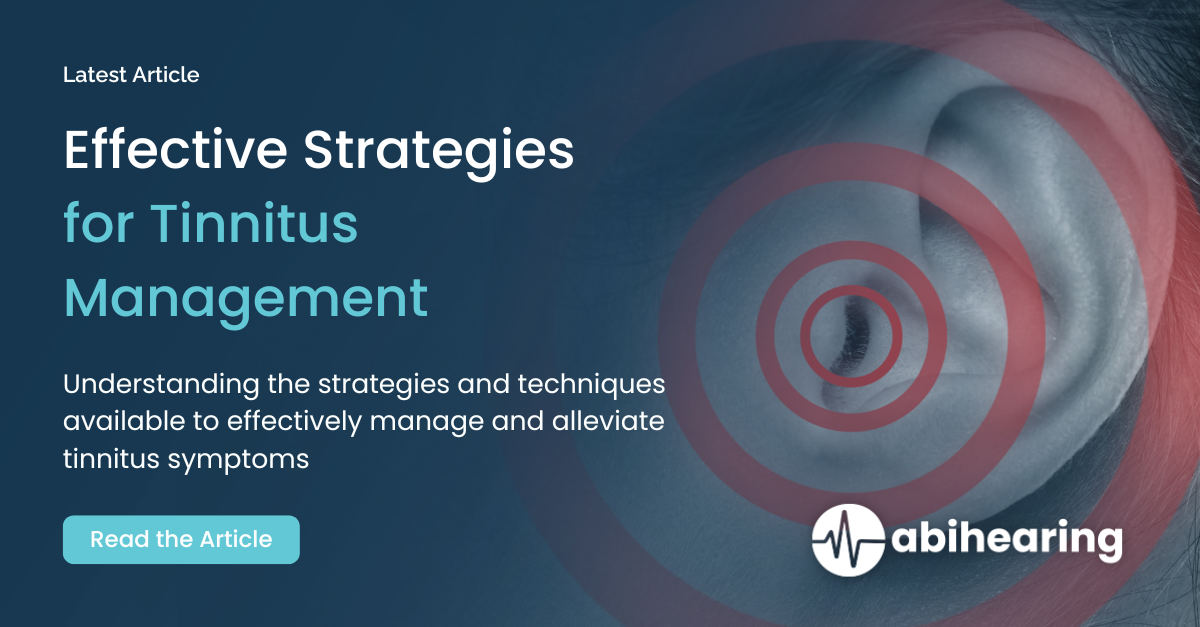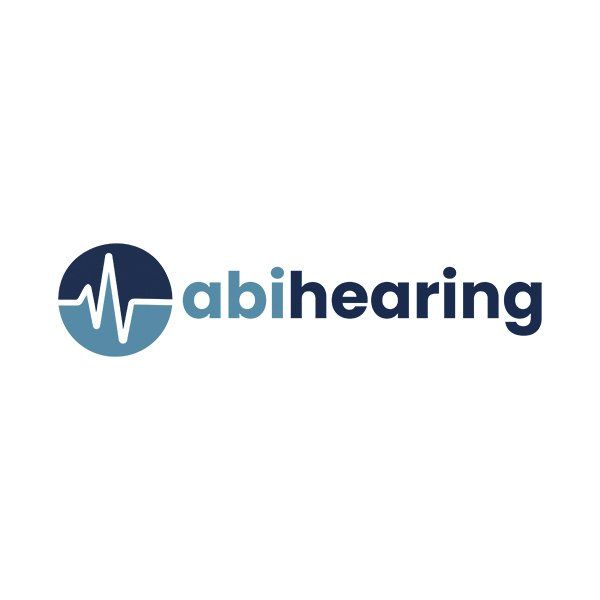The Importance of Regular Hearing Tests for Kids
It's important for parents to have their children's hearing checked regularly. Hearing problems can lead to difficulties in school and with social interactions. Early detection and intervention are important for minimising the impact of hearing loss on a child's life.
There are a variety of reasons why kids might need to get their hearing tested. Hereditary factors, illnesses, and injuries can all cause hearing loss. Additionally, some kids are born with congenital hearing loss.
Most schools require that students have a hearing test before they enrol. This is to ensure that every child has the opportunity to learn and succeed in school. If a child is found to have a hearing problem, there are many resources available to help them.
If you're concerned about your child's hearing, don't wait for their school to require a hearing test. There are many providers who offer hearing tests for kids of all ages. You can also request a referral from your paediatrician.
It's important to catch hearing problems early. With early intervention, most children can learn to adapt and live full, successful lives.
What is a Hearing Test?
A hearing test (also known as a hearing screening or hearing examination) is a quick and painless way to see how well your child can hear and provide an overview of their hearing health and usually takes just a few minutes. It works by measuring the response of the ear to sound signals, which are then interpreted by a specialist to establish whether there is a potential cause for concern. A screening test typically done in an audiology clinic.
Causes of Hearing Loss in Kids
There are several factors that increase the likelihood your child may suffer from temporary or permanent hearing loss, including:
Congenital Hearing Loss
CHL refers to hearing loss caused by a birth defect. It's the most common type of childhood hearing loss and occurs in about 3 to 4 of every 1,000 newborns. Hearing loss can be mild or profound, and either temporary or permanent.
Noise-Induced Hearing Loss
Hearing loss can be caused by exposure to loud sounds over a prolonged period of time (longer than 15 minutes). Loud sounds can come from many different sources, including power tools, loud music, fireworks, etc. Hearing loss can be temporary or permanent and varies in degree (mild to severe).
Disease or illness
Hearing loss can occur as a result of an ear infection, the side effect of chemotherapy, fluid build-up in the ear, etc. Hearing loss is usually temporary and may be mild or severe.
How Can I Tell If My Child Needs a Hearing Test?
Now that we know about some of the factors that may lead to hearing loss in children, it's important to know when you should consider getting your child tested. Some signs include:
- hearing loss in one or both ears
- hearing loss associated with fever
- hearing loss affects developmental milestones (like speech)
- hearing loss that does not resolve after an ear infection
- hearing loss in one or both ears with chronic ear infections
What are the Benefits of a Hearing Test for Kids?
One of the biggest benefits of hearing tests is that they can help identify problems at an early stage so your child can get tailored care. Some children may not be aware of their hearing loss and the earlier children get checked for hearing problems, the easier it will be for them to communicate effectively and enjoy a good quality of life. Hearing tests can also help rule out other causes of your child's symptoms, such as an ear infection or fluid build-up in the middle ear.
What to Expect During a Hearing Test
A Hearing test should take around 15 minutes and usually involves several stages:
Hearing Tests in Infants and Babies
Newborn hearing screening can be quite different from hearing tests for older children or adults. In young children, it's often difficult to get them to point out where a sound is coming from or how loud it is, so they tend to focus more on the child's reaction to the sound.
Hearing Tests for Toddlers and Older Kids
Hearing tests for older kids tend to take into consideration how well your child can communicate through speech. They will often start with a few general questions to establish the level of hearing ability and then carry out tests that involve different sounds, volumes, and tones.
Why are Hearing Tests Important for Children?
Hearing loss can be a real struggle for kids. Hearing tests are the best way to diagnose hearing problems early and get your child the care plan they need to not only hear well but also communicate effectively. Hearing tests can also help diagnose a child who may have a developmental delay.
Hearing changes throughout childhood, so hearing tests should be done regularly. Ask your doctor or audiologist whether hearing tests are right for your child and how often they should be tested. Hearing loss in kids can affect speech, language, and how well your child plays and interacts with others.
How Can I Make Sure My Child Gets Hearing Tests Regularly?
Hearing tests for children are usually done by an Audiologist, who is a hearing health professional. It's important to choose someone you feel comfortable with so your child feels relaxed and can interact well during the test. Parents should also tell the hearing specialist about any concerns they have regarding their child's hearing health.
How Often Should My Child Have a Hearing Test?
Regular Hearing tests are important for all children, but especially those who are more at risk for hearing loss, such as those who were born prematurely or those with family members with hearing problems. Hearing tests should be done every three years until your child turns seven, and then once a year after that.
What Can We Do For You?
Are you concerned that your child's hearing isn't as good as it should be? Abi Hearing can help. We offer comprehensive hearing tests for kids, so you can rest assured that your child is getting the best possible care.
Conclusion
Hearing tests are important for kids because they can help identify any potential hearing problems at an early stage. This is crucial as it allows for the appropriate treatment to be undertaken early, and helps to prevent any long-term damage that the untreated hearing problem may have caused.
Regular hearing tests for children can also help improve their language development and academic performance. Parents should make sure that their children undergo regular hearing tests to identify and treat any potential problems as soon as possible.
If you would like to learn more about how Abi Hearing are working with the local community to improve hearing health, reach out to one of our experts on (03) 9399 9536 or by email info@abihearing.com.au.

